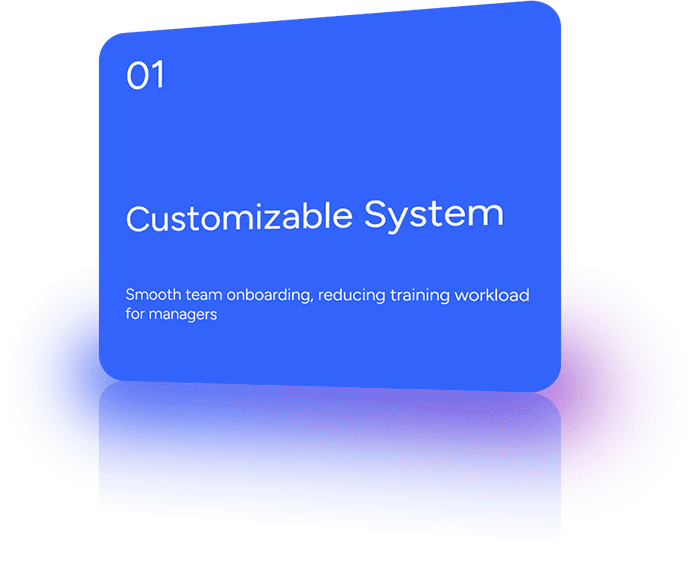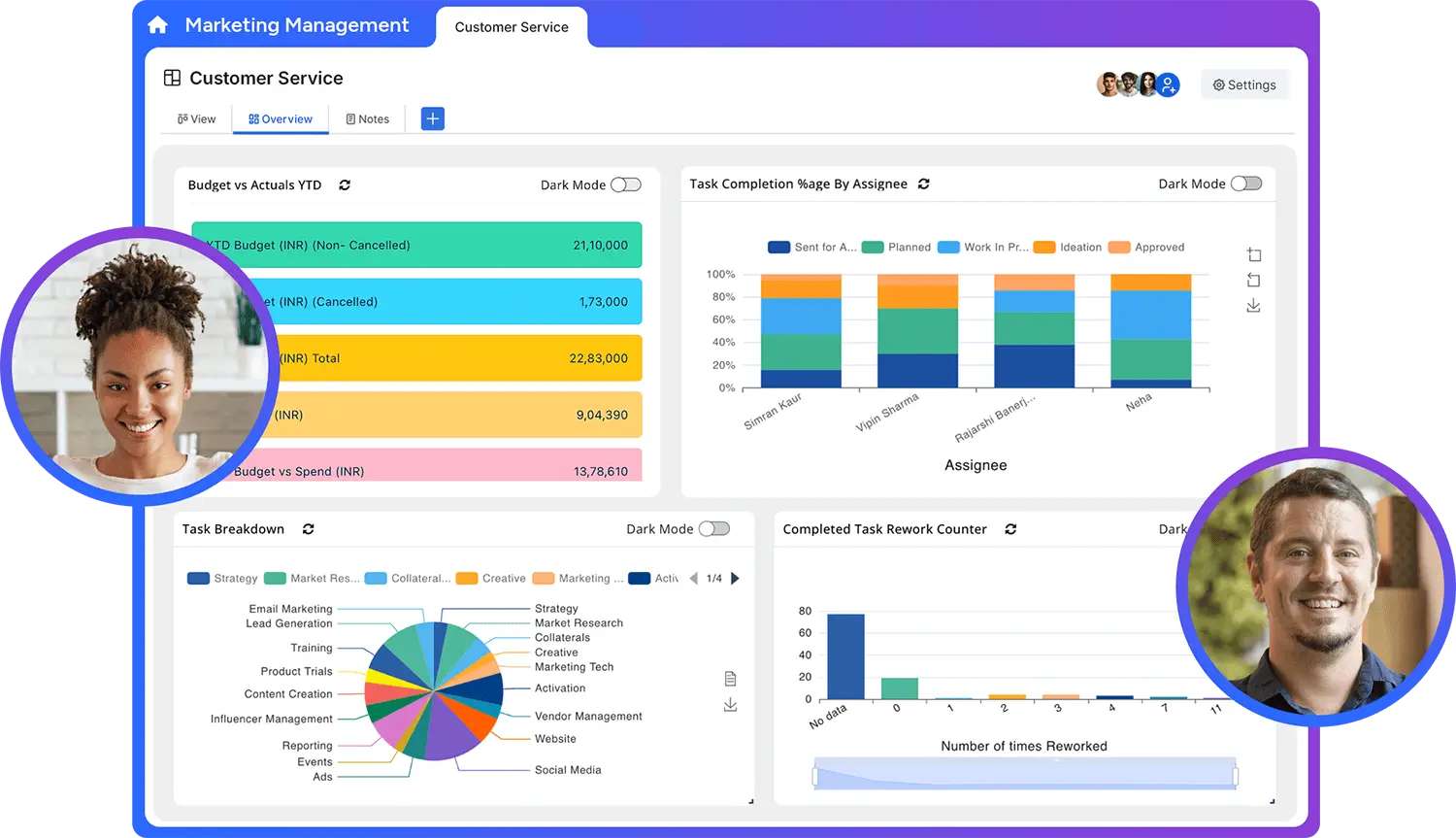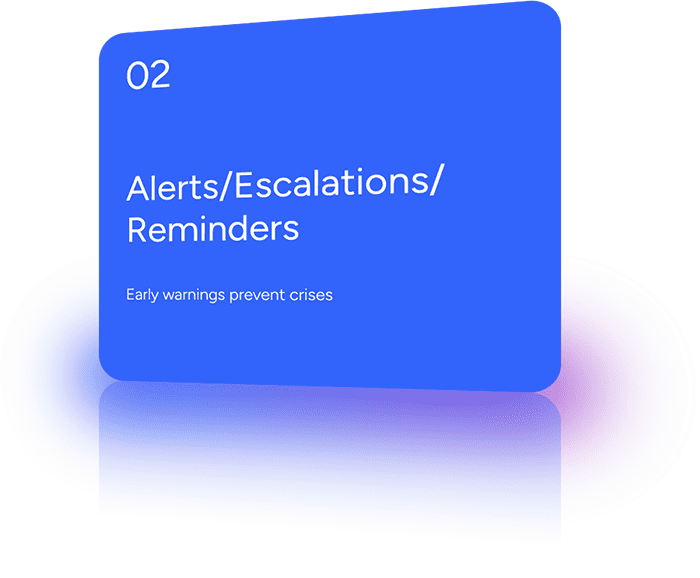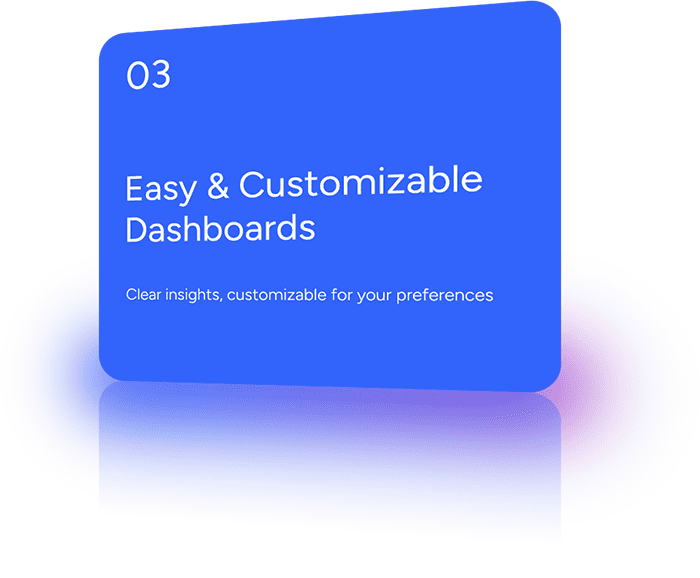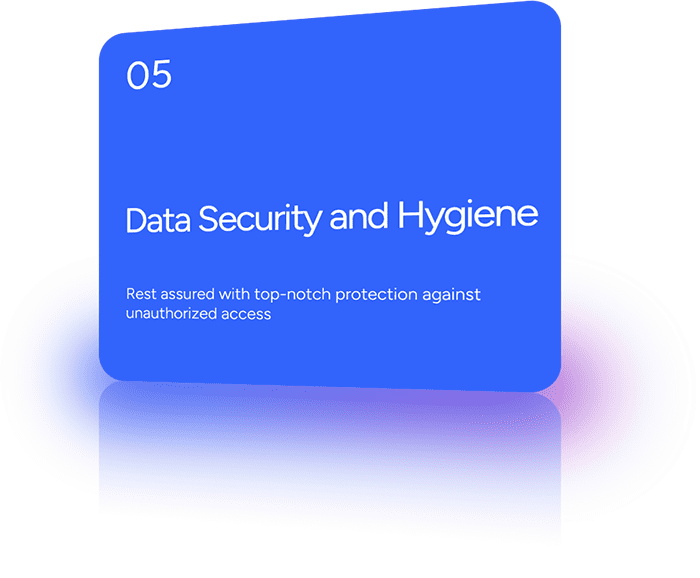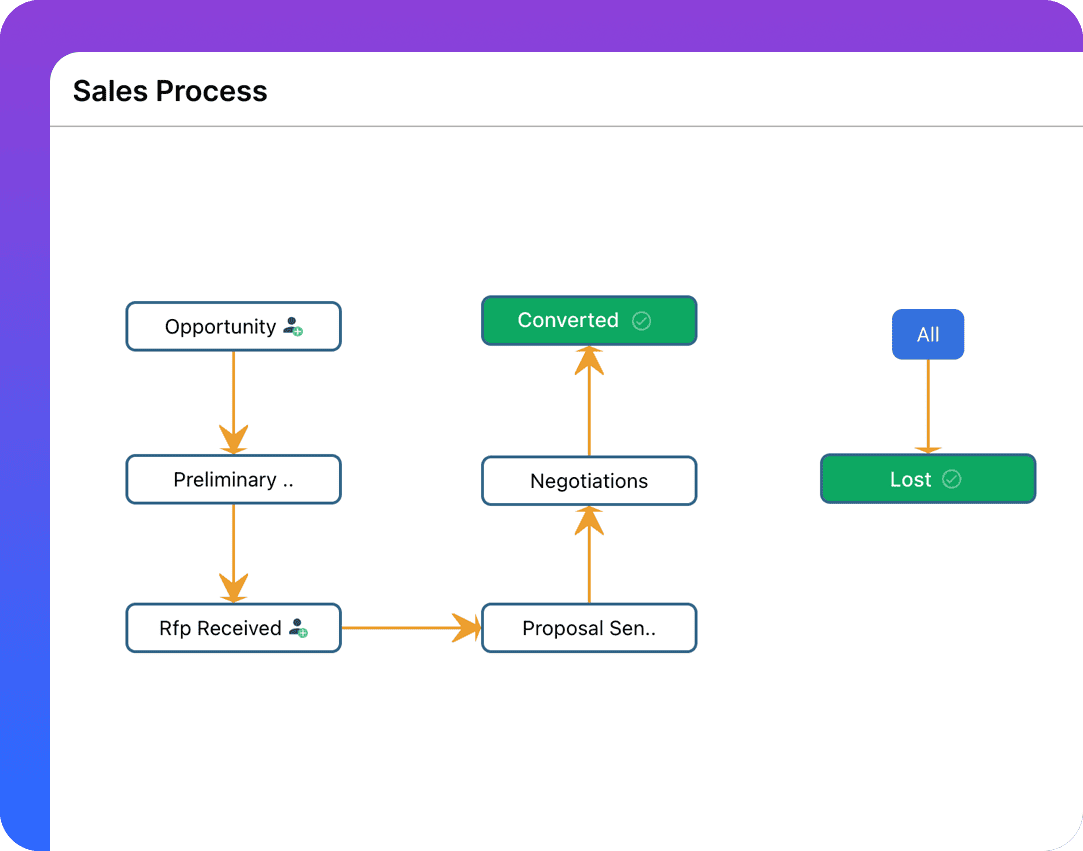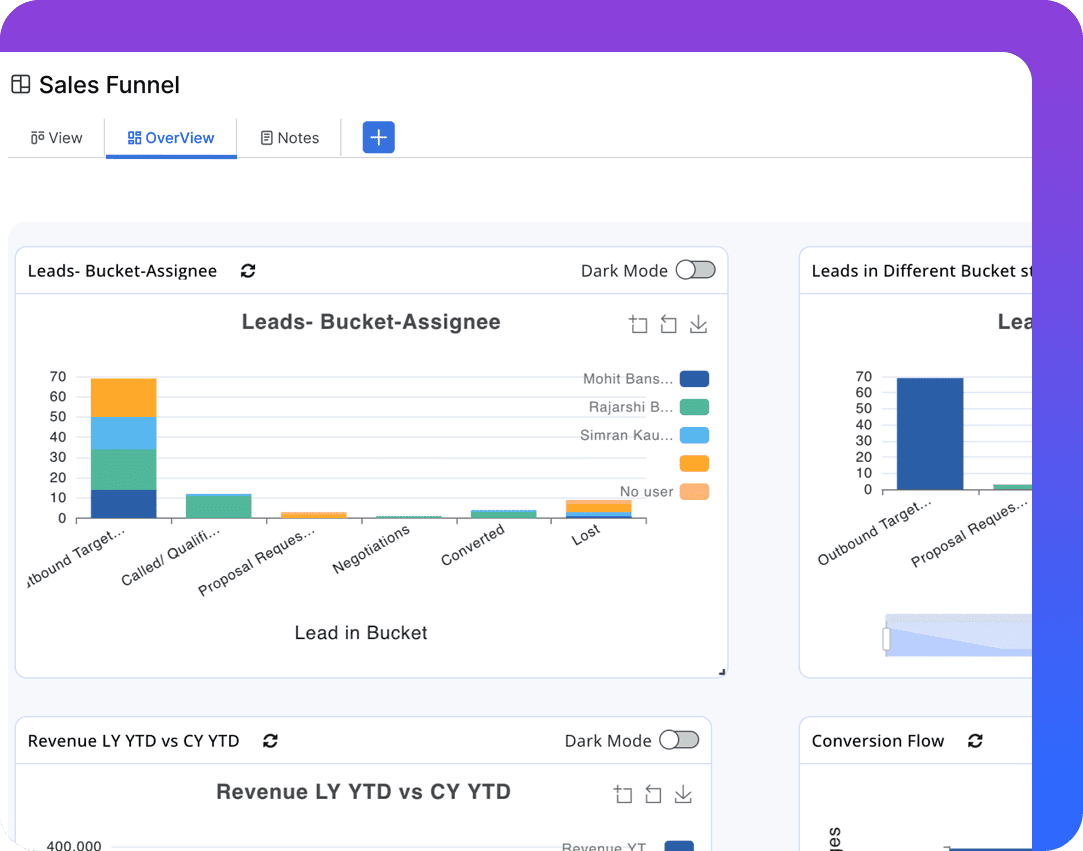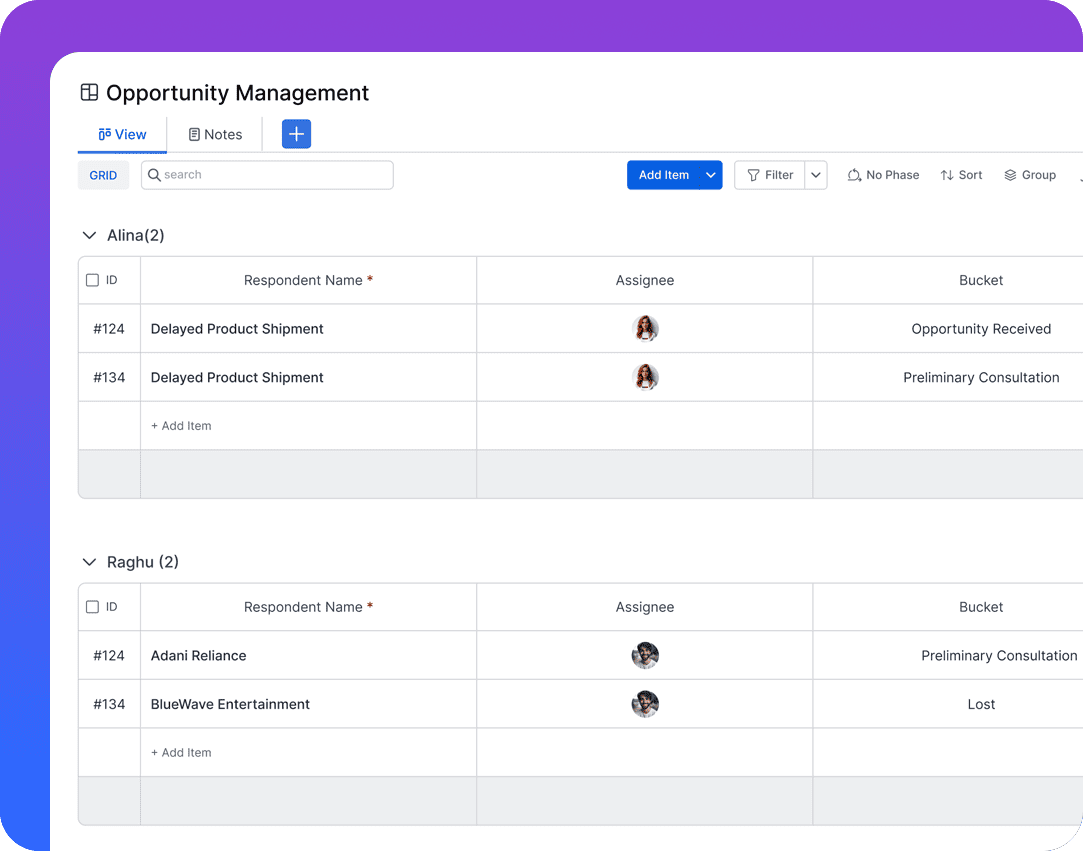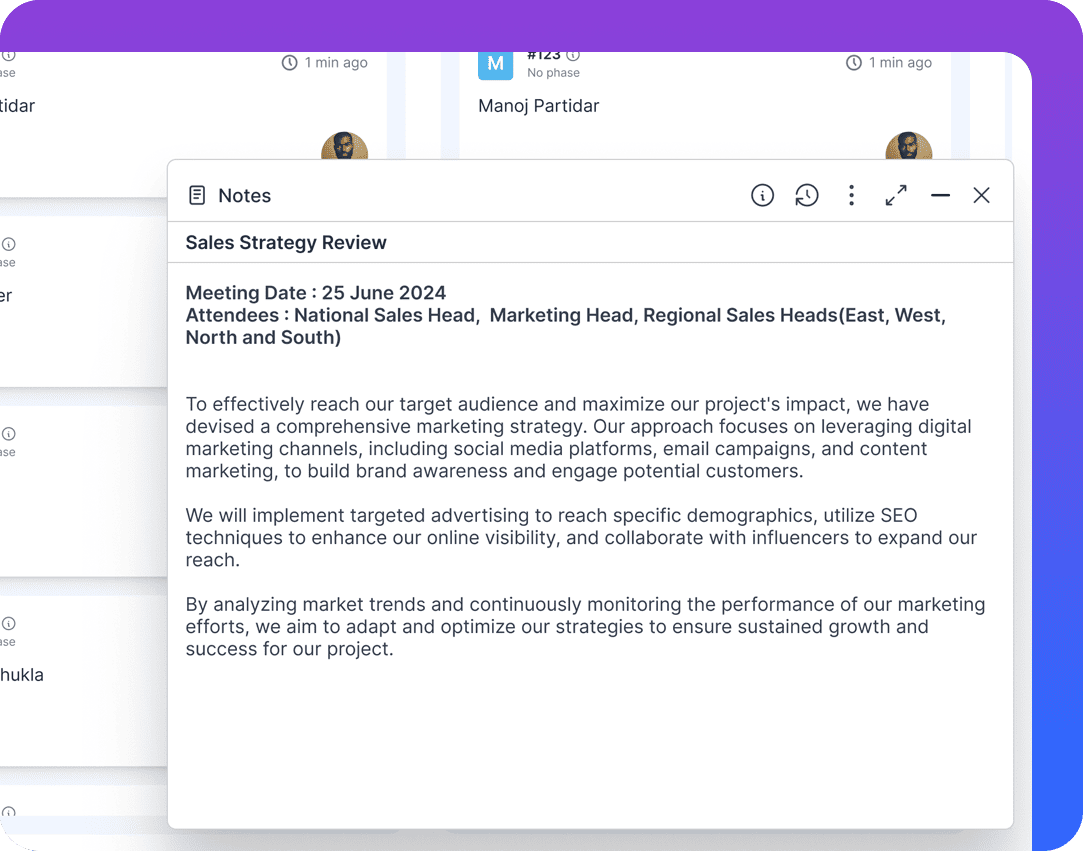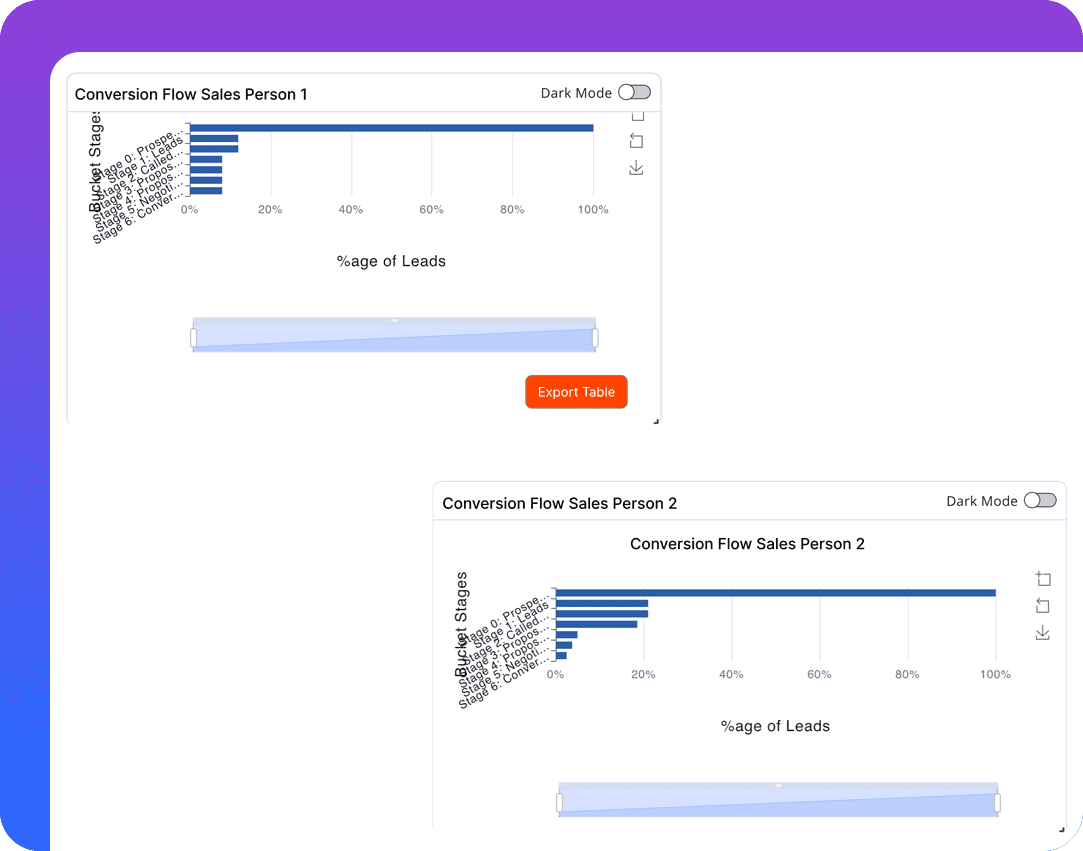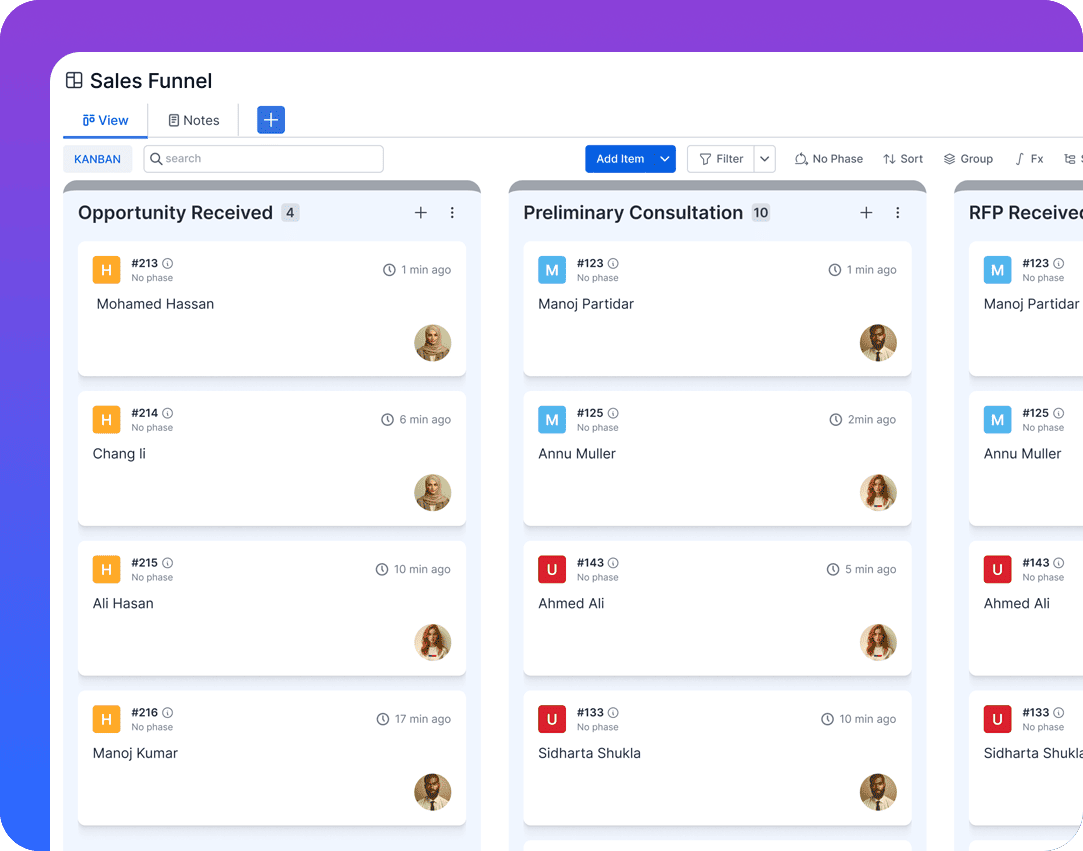What is Sales Administration? What is Sales Management? How Are They Different?
Sales Administration and Sales Management are crucial components of any successful sales operation, but they serve distinct functions and require different skill sets.
Sales Administration focuses on the behind-the-scenes processes that keep the sales engine running smoothly. This involves order processing, maintaining customer databases, managing contracts, generating sales reports, and ensuring compliance with company policies and regulations. The primary goal is to streamline operations, reduce administrative burdens on sales reps, and ensure data accuracy and integrity. Key skills for Sales Administration include attention to detail, proficiency with CRM and other sales software, strong organizational abilities, and a knack for data analysis.
On the other hand, Sales Management is about leading and directing the sales team to achieve business goals. This includes setting sales targets, developing sales strategies, coaching and mentoring sales reps, and analyzing performance metrics to drive improvements. Sales Managers are responsible for motivating their teams, managing relationships with key clients, and making strategic decisions to enhance sales effectiveness. Essential skills for Sales Management include leadership, strategic thinking, excellent communication, and the ability to analyze and interpret sales data to make informed decisions.
Difference between Sales Administration and Sales Management: While both roles are integral to the success of a sales operation, Sales Administration is more about operational efficiency and support, whereas Sales Management is centred on leadership and strategic direction. Sales Administrators ensure the sales process runs smoothly and data is accurate, freeing up Sales Managers to focus on strategy, team performance, and achieving sales targets. Understanding these differences helps businesses assign the right tasks to the right roles, optimizing their sales force for maximum efficiency and effectiveness.
To lead and manage a successful sales operation, an individual should have exposure to both areas and definitely, mastery over one.
What are the challenges Sales Managers face in managing Sales teams?
Sales Managers play a pivotal role in driving a company’s revenue, but managing sales teams comes with its unique set of challenges. One primary challenge is **motivating and retaining top talent**. Sales is a high-pressure field, and keeping the team motivated requires continuous effort, recognition, and sometimes, creative incentives. Sales Managers need strong interpersonal skills and an understanding of individual team members' motivations to keep morale high and reduce turnover.
Another significant challenge is achieving sales targets in a constantly changing market. Sales Managers must be adept at analyzing market trends, forecasting accurately, and adjusting strategies on the fly. This requires strategic thinking and data analysis skills to stay ahead of competitors and meet or exceed targets.
Training and development of the sales team is also a major responsibility. With new products, technologies, and methodologies constantly emerging, Sales Managers must ensure their teams are well-equipped and knowledgeable. This includes not only formal training sessions but also ongoing coaching to help team members refine their skills and improve performance. Effective coaching requires Sales Managers to provide personalized feedback and support, fostering a culture of continuous improvement.
Managing a remote sales team has added a new layer of complexity. Remote work can lead to communication barriers, decreased team cohesion, and difficulties in monitoring performance. Sales Managers must develop strong virtual communication strategies, utilize digital tools effectively, and find ways to maintain team engagement and accountability from a distance.
Additionally, managing a diverse team presents another challenge. Different team members may have varying levels of experience, backgrounds, and working styles. Sales Managers must possess excellent communication and conflict-resolution skills to harmonize the team and ensure cohesive performance.
Lastly, balancing administrative tasks with leadership duties can be taxing. Sales Managers often juggle reporting, meetings, and other administrative responsibilities alongside leading their teams. Time management and organizational skills are critical to handle these competing demands effectively.
How Pronnel Customer Can Help
Pronnel Customer stands out as a CRM that makes life easier for Sales Managers:
1. Pre-set Processes with an Easy-to-Use Interface: Less time is spent onboarding new members and familiarizing them with the company’s working style.
2. Versatile Reporting: Setting targets and monitoring performance is simplified with pre-built reports, plus the facility to customize your own reports.
3. Trend Identification for Coaching: Easily identify trends to coach your team effectively.
4. Compliance Needs: Compliance requirements are seamlessly integrated and managed.
5. Data Security and Hygiene: Robust measures ensure data security and hygiene.
6. Streamlined Administration: Simplifies sales administration, freeing sales leaders to focus on leadership and new business development.
In summary, Sales Managers face the multifaceted challenges of motivation, target achievement, training and coaching, remote team management, team diversity, and balancing administrative tasks. Pronnel Customer addresses these challenges by providing tools and features that streamline processes, enhance data management, and support effective leadership. Mastery of interpersonal, strategic, coaching, communication, and organizational skills is essential to overcome these hurdles and lead a successful sales team.
What are great practices for implementing a CRM?
Successful CRM implementation hinges on several best practices. Define clear objectives and a structured roadmap with SMART goals, ensuring alignment and flexibility through an Agile process. Engage end users early in planning to address pain points and increase buy-in. Identify and celebrate quick wins to boost confidence.
Provide comprehensive training and ongoing support to ensure proficiency and long-term adoption. Prioritize data quality management with governance practices and regular updates for reliable data.
Monitor progress using key performance indicators (KPIs) and adjust the strategy as needed.
Pronnel Customer facilitates this with pre-set processes, versatile reporting, trend identification for coaching, compliance management, and robust data security. Its user-friendly interface and extensive training resources streamline onboarding, allowing sales leaders to focus on leadership and new business development.
Interested readers can read more in our blog, "How to Ensure a Successful CRM Rollout: Best Practices for Project Champions." (https://pronnel.com/blogs/Best-Practices-CRM-Implementation)
What does a Sales Manager's daily dashboard look like? What reports do they check every day? What reports do Sales Managers check monthly, quarterly, and annually?
Sales Manager's Daily Dashboard:
A Sales Manager's daily dashboard typically includes real-time data and key performance indicators (KPIs) that provide an immediate overview of the team's performance and activities. Essential components might include:
1. Daily Sales Summary:
1. Total sales made
2. Number of new leads generated
3. Conversion rates
4. Daily revenue compared to target
2. Pipeline Overview:
1. Status of deals in various stages
2. Upcoming tasks and follow-ups
3. Deal progression and forecasted closures
3. Team Performance Metrics:
1. Individual sales rep performance
2. Calls made, emails sent, and meetings scheduled
3. Progress towards individual quotas
4. Activity Metrics:
1. Number of customer interactions
2. Lead response times
3. Tasks completed vs. pending
What reports do sales managers check every day? What reports do Sales Managers check monthly, quarterly, and annually?
Reports Checked Daily:
1. Daily Sales Summary
2. Pipeline Status Report
3. Activity Report
4. Lead Response Time Report
Reports Checked Monthly:
1. Monthly Sales Performance:
1. Total sales and revenue
2. Performance against monthly targets
3. Sales by product/service
4. Win/loss analysis
2. Pipeline Health:
1. Aging analysis of deals
2. Deal size and stage duration
3. Forecast accuracy
3. Customer Insights:
1. Customer acquisition cost (CAC)
2. Customer lifetime value (CLV)
3. Customer feedback and satisfaction scores
4. Team Performance:
1. Individual and team performance metrics
2. Training and development needs
3. Sales activity and productivity analysis
Reports Checked Quarterly:
1. Quarterly Sales Performance:
1. Quarterly revenue and growth
2. Sales trends and seasonality
3. Major wins and losses analysis
2. Strategic Insights:
1. Market analysis and competitor performance
2. Product performance and feedback
3. Sales strategy effectiveness
3. Team Review:
1. Quarterly performance reviews
2. Training outcomes and skill development
3. Goal setting and alignment for the next quarter
Reports Checked Annually:
1. Annual Sales Review:
1. Total annual sales and growth rate
2. Year-over-year performance comparison
3. Key achievements and milestones
2. Strategic Planning:
1. Long-term sales trends and forecasts
2. Market opportunities and threats analysis
3. Strategic goals and initiatives for the upcoming year
3. Budget and Resource Allocation:
1. Sales budget and expenditure review
2. Resource allocation and optimization
3. Return on investment (ROI) analysis for sales activities
4. Team Development:
1. Annual performance appraisals
2. Career progression and succession planning
3. Training and development programs evaluation
How Pronnel Customer Can Help
Pronnel Customer is a CRM that provides all these essential reports for Sales Managers. By centralizing all data in one place, it simplifies access to comprehensive insights and performance metrics. Additionally, even external reports like market surveys and analyst reports can be stored on the integrated drive, making them easily accessible for Sales Managers.
If there's a report that is not available, feel free to drop us a line at sales@pronnel.com and we would be glad to discuss how that can be enabled.
How can my CRM help me meet Compliance needs?
1. Setup a Compliance Process: A well-configured CRM allows you to establish processes that adhere to your company’s compliance policies. This helps avoid infractions or mistakes, particularly by newcomers who may not be familiar with all the rules.
2. User Restrictions and Approvals: CRMs enable you to set user permissions and approval workflows. This ensures that tasks are carried out according to established procedures, reducing the risk of non-compliance.
3. Built-in Escalations and Alerts: Modern CRMs come with features to set up automatic alerts and escalations. These tools highlight potential problem areas before they become serious issues, allowing for proactive compliance management.
4. Proper Documentation: A CRM helps in maintaining comprehensive documentation. You can track and record exceptions and document who has the decision-making authority, providing a clear audit trail of all actions taken.
5. Audit Logs: CRMs maintain detailed audit logs, tracking every action performed within the system. This is crucial for forensic investigations and ensuring that all actions comply with regulatory standards. For more details, readers are referred to our blog, "Audit Trails in Pronnel: Solving Your Compliance and Audit Requirements."
A CRM like Pronnel Customer provides all these added features and will take the headache of meeting compliance requirements away from you. With Pronnel Customer, you can streamline compliance processes and focus on growing your business with confidence.
What Data Security and Hygiene features are important in a CRM?
When selecting a CRM, prioritizing data security and hygiene is crucial. Here's a guide to some essential features to look for:
Role-Based Access Control: Ensure your CRM offers various access levels, such as Admin, Edit-Only, Read-Only, and Restricted Access, to limit access to sensitive data effectively.
Data Encryption: Look for a CRM that employs robust encryption protocols to safeguard data during transmission, ensuring that information remains secure while being transferred.
Cloud Infrastructure: Consider a CRM built on trusted cloud infrastructure like Microsoft Azure, providing reliability and security against data loss or unauthorized access.
Audit Logs: Choose a CRM that tracks all user activity within the system, offering transparency and accountability by logging every action for audit purposes.
Two-Factor Authentication (2FA): Opt for a CRM that offers 2FA to add an extra layer of security to user accounts, protecting against unauthorized access even if passwords are compromised.
At Pronnel Customer we provide the following security features:
1. User Level Access Controls: Tailor access levels to match your organization's needs, ensuring that sensitive data is only accessible to authorized personnel.
2. Data Encryption during Transmission: Rest easy knowing that your data is encrypted while being transmitted, safeguarding it against interception or theft.
3. Microsoft Azure Cloud Infrastructure: Benefit from the reliability and security of Microsoft Azure, ensuring your data is protected against loss or unauthorized access.
4. Audit Logs: Keep track of all user activity within the CRM, promoting transparency and accountability throughout your organization.
5. Two-Factor Authentication (2FA): Enhance account security with 2FA, available in all plans, including the FREE plan, and mandated in the STANDARD plan for enterprises.
6. PANIC Mode: Pronnel Customer offers a unique PANIC Mode in the Premium Edition, allowing you to quickly log out all users in case of suspected unauthorized access, ensuring immediate action to protect your data.
How can CRM automation improve sales follow-ups?
CRM automation streamlines sales follow-ups by automating reminders and follow-up tasks. This ensures no lead is overlooked and reduces the manual workload on sales reps. Automated follow-ups can be customized to trigger at specific intervals, maintaining consistent communication with prospects and increasing the chances of conversion. Pronnel Customer’s automation features help keep the sales pipeline active and efficient, boosting overall productivity and sales outcomes.
What are the benefits of using a CRM for lead management?
Using a CRM for lead management provides numerous benefits, including streamlined lead tracking, automated follow-ups, and centralized data storage. Pronnel Customer helps sales teams manage leads effectively by automating routine tasks, ensuring timely follow-ups, and maintaining a complete history of interactions. This improves lead conversion rates, enhances customer relationships, and increases overall sales efficiency.
How does Pronnel Customer support team collaboration and communication?
Pronnel Customer supports team collaboration and communication through features like internal chats, mentions, and shared documents. Sales teams can use the internal chat feature for instant communication, reducing the need for long email threads. Mentions allow team members to tag colleagues in specific tasks or leads, ensuring everyone stays informed. Shared documents and notes ensure that all team members have access to the latest information, fostering effective collaboration and knowledge sharing.
What are the key features of Pronnel Customer for sales reporting?
Pronnel Customer offers a range of features for comprehensive sales reporting, including customizable dashboards, pre-built reports, and real-time data tracking. Sales managers can easily access reports on pipeline health, conversion ratios, team performance, and revenue targets. The system allows for custom report creation, enabling managers to tailor reports to their specific needs. This helps in monitoring performance, identifying trends, and making data-driven decisions to enhance sales strategies.
